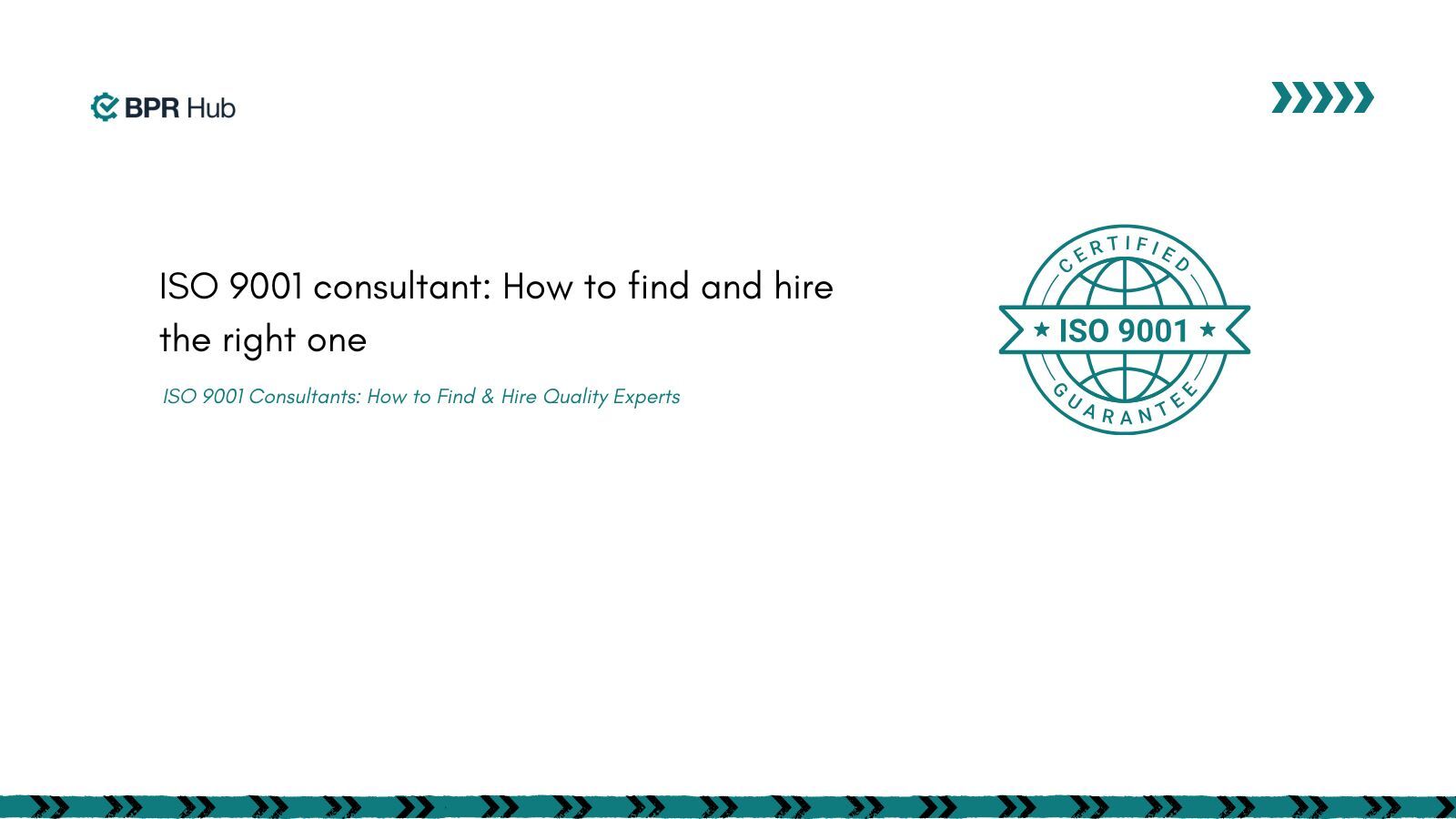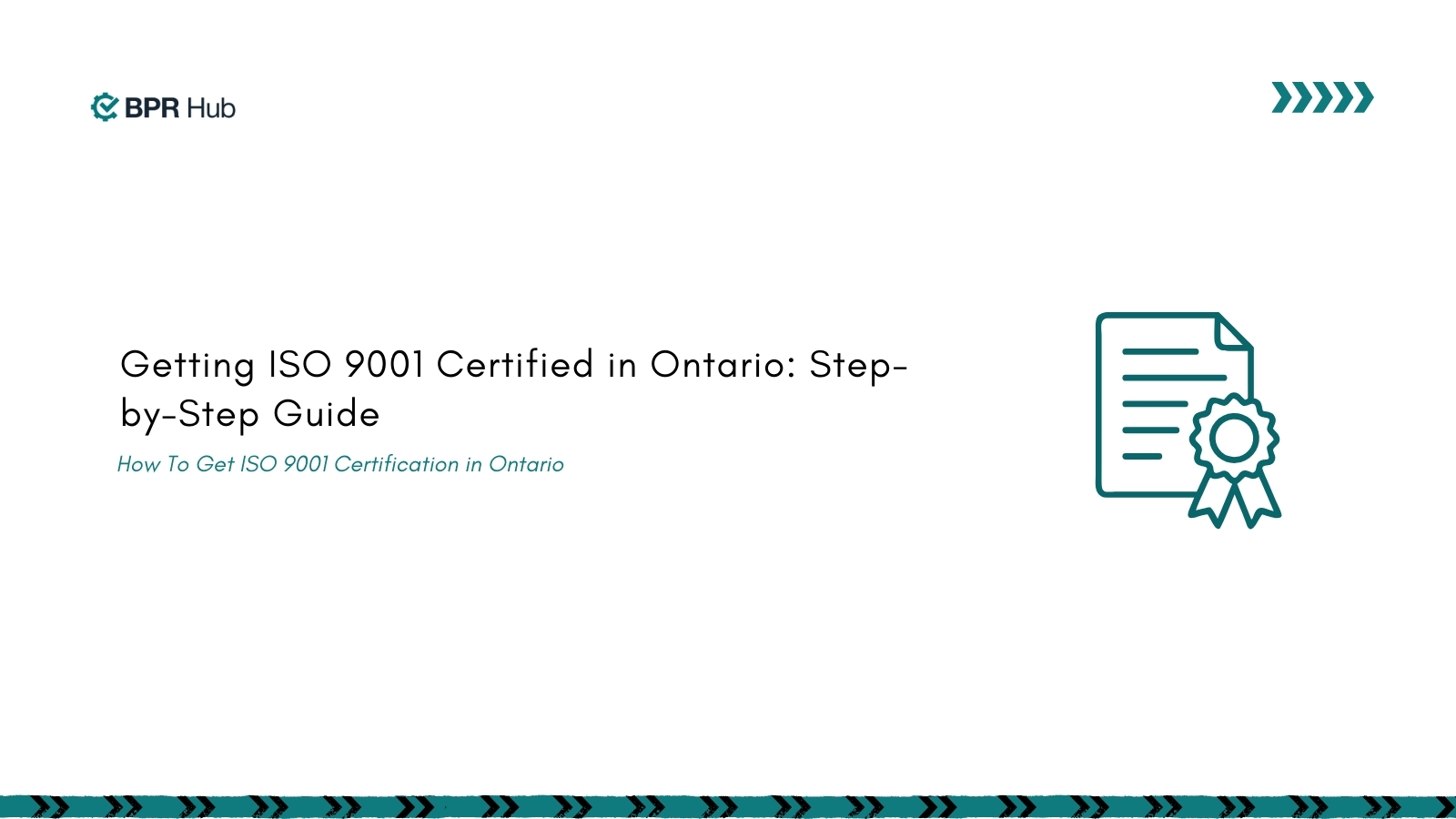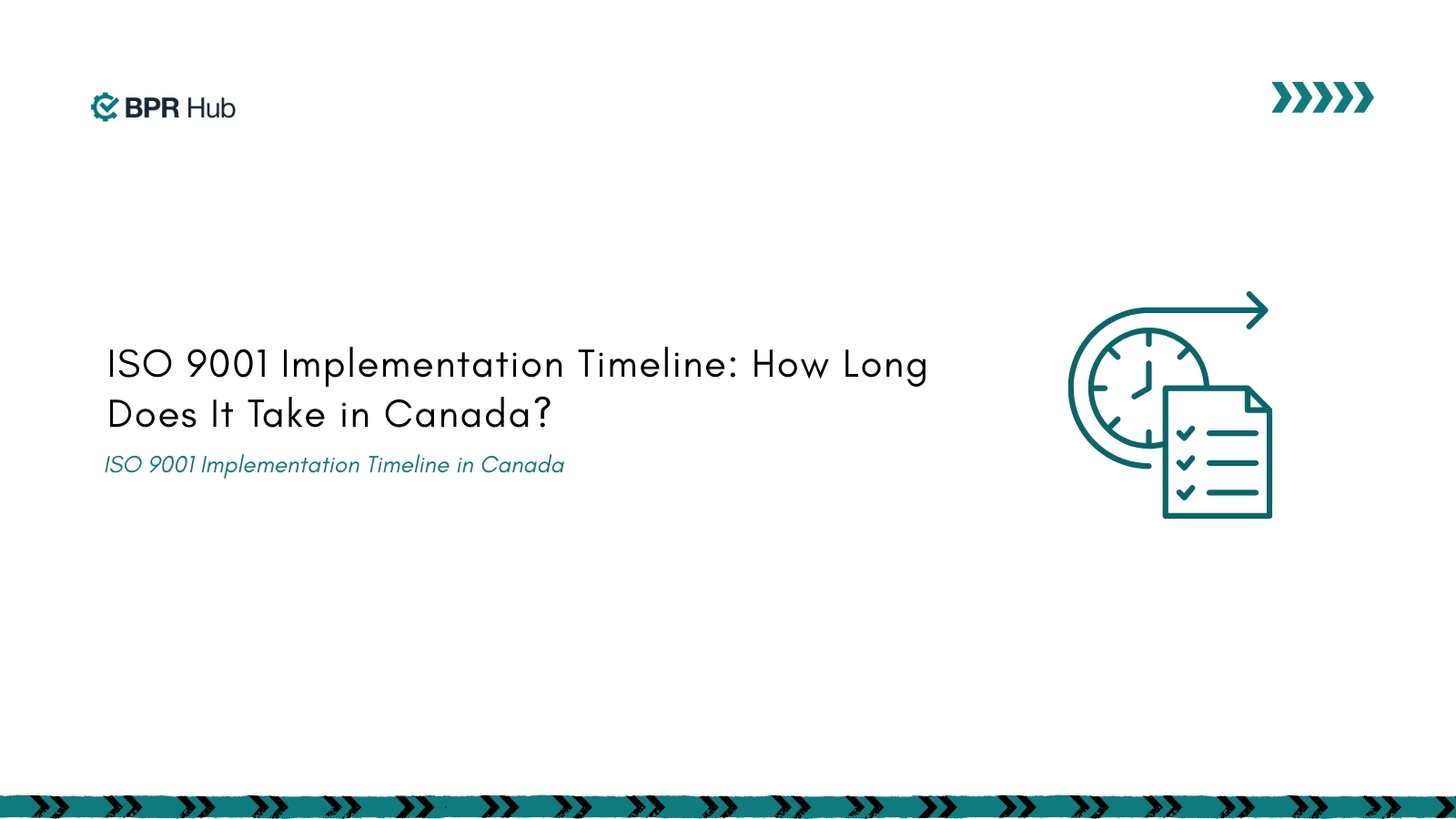Manufacturing organizations frequently encounter significant challenges during ISO 9001 implementations when working with inadequately qualified consultants. Choosing an ISO consultant requires careful evaluation of expertise, methodology, and proven results that align with your operational goals and compliance timeline.
This comprehensive guide reveals how to identify, evaluate, and hire the right ISO consultation partner who transforms compliance challenges into competitive advantages while ensuring successful standards implementation on time and within budget.
Understanding the Critical Role of ISO 9001 Consultants
ISO 9001 consultants serve as strategic partners who guide organizations through the complex journey of implementing quality management systems. These experts bring specialized knowledge, proven methodologies, and industry experience that accelerate implementation while avoiding costly mistakes.
The right consultant doesn't just help achieve compliance – they transform organizational culture, streamline operations, and build sustainable quality systems that drive long-term success. Their expertise becomes particularly valuable when navigating the intricate requirements of ISO 9001 while maintaining operational efficiency.
Why Expert ISO Consultation Makes the Difference
ISO consultation brings objectivity and expertise that internal teams often lack. Consultants provide fresh perspectives on existing processes, identify improvement opportunities, and implement best practices proven across multiple industries and organizations.
Expert consultants understand the nuances of ISO 9001 requirements and how to adapt them to specific industry contexts. They prevent common implementation pitfalls while ensuring that quality management systems integrate seamlessly with existing business processes.
The value extends beyond initial implementation. Experienced consultants design systems that support continuous improvement, prepare organizations for successful audits, and create frameworks that adapt to changing business needs over time.
The Cost of Choosing Wrong vs. Right
Selecting the wrong consultant can create cascading problems that extend far beyond initial project timelines. Poor consultant choices often result in inadequate documentation, non-compliant processes, and systems that fail during ISO 9001 audits.
Organizations that invest in quality consultants generally experience faster implementation timelines, higher first-time audit success rates, and quality systems that deliver measurable business value. The right consultant often pays for themselves through reduced implementation time and avoided rework costs.
Don’t let document control slow you down— Start your guide with BPRHub today
📍 Book a Demo
📧 hello@bprhub.com
Essential Qualifications to Look for in ISO 9001 Consultants
ISO 9001 consultants must demonstrate specific qualifications, certifications, and experience that prove their capability to deliver successful implementations. These qualifications serve as foundational indicators of consultant competency and reliability.
Required Certifications and Credentials
Look for consultants who hold recognized certifications from accredited bodies such as RAB QSA (Registrar Accreditation Board Quality Systems Auditor) or equivalent international credentials. These certifications demonstrate formal training and competency in ISO 9001 requirements and audit practices.
Additional valuable certifications include Lead Auditor credentials, industry-specific qualifications, and complementary standards expertise. Consultants with multiple ISO certifications can provide comprehensive guidance when organizations pursue integrated management systems.
Professional memberships in organizations like ASQ (American Society for Quality) or IRCA (International Register of Certificated Auditors) indicate commitment to ongoing professional development and adherence to ethical standards.
Industry Experience and Specialization
Prioritize consultants with demonstrated experience in your specific industry sector. Manufacturing environments require different approaches than service industries, and consultants should understand sector-specific regulations, operational challenges, and compliance requirements.
Review case studies and client references that demonstrate successful implementations in similar organizations. Ask about specific challenges encountered and how they were resolved to assess consultant's problem-solving capabilities.
Industry specialization becomes particularly important in highly regulated sectors like aerospace, medical devices, or pharmaceuticals, where ISO 9001 integration with sector-specific standards requires specialized expertise.
Proven Track Record and Client References
Evaluate consultant success rates through verifiable client references and documented case studies. Request specific metrics such as implementation timelines, audit success rates, and measurable business improvements achieved through their guidance.
Contact previous clients directly to understand consultant performance, communication style, and ability to deliver promised results. Ask about challenges encountered and how effectively the consultant addressed unexpected issues during implementation.
Strong consultants willingly provide multiple references and detailed case studies that demonstrate their expertise across different organizational sizes and complexity levels.
Key Services Your ISO 9001 Consultant Should Provide
Comprehensive ISO consultation encompasses multiple service areas that collectively ensure successful quality management system implementation. Each service area requires specific expertise and contributes to overall project success.
Gap Analysis and Readiness Assessment
Effective consultants begin with thorough gap analyses that identify differences between current practices and ISO 9001 requirements. This assessment provides the foundation for implementation planning and resource allocation.
The gap analysis should examine existing documentation, processes, and organizational culture to create realistic implementation roadmaps. Quality consultants identify quick wins alongside complex changes that require extended timelines.
Readiness assessments evaluate organizational capacity for change, resource availability, and management commitment levels. This information helps consultants tailor their approach and timeline to organizational realities.
Documentation Development and Review
ISO 9001 implementation requires extensive documentation that meets standards requirements while supporting operational efficiency. Consultants should provide templates, procedures, and guidance that streamline documentation development.
Quality consultants help organizations avoid over-documentation while ensuring all required documented information is properly addressed. They understand how to create practical documentation that employees actually use rather than shelfware that exists only for audits.
Documentation review services ensure that all materials meet ISO 9001 requirements before formal audits. This proactive approach prevents costly revisions and delays during certification processes.
Training and Change Management
Successful ISO 9001 implementation requires comprehensive training programs that build organizational competency and support cultural change. Consultants should provide role-specific training that addresses different organizational levels and responsibilities.
Training programs should cover ISO 9001 fundamentals, process implementation, internal auditing, and management review processes. Interactive training approaches that use real organizational examples prove more effective than generic presentations.
Change management support helps organizations navigate resistance and build buy-in for new quality management approaches. Experienced consultants understand how to communicate benefits and address concerns that naturally arise during implementation.
Internal Audit Preparation and Support
Internal audit programs represent critical ISO 9001 requirements that many organizations struggle to implement effectively. Consultants should provide training, procedures, and ongoing support that build organizational audit capabilities.
Quality consultants help establish risk-based audit programs that focus resources on areas of greatest concern. They provide audit checklists, reporting templates, and corrective action procedures that ensure audit effectiveness.
Audit preparation support includes mock audits that identify potential issues before formal certification audits. This preparation significantly improves first-time audit success rates while building organizational confidence.

Evaluating ISO Consultation Methodologies and Approaches
Different consultants employ varying methodologies that significantly impact implementation success. Understanding these approaches helps organizations select consultants whose methods align with their culture and operational requirements.
Project-Based vs. Ongoing Partnership Models
Project-based consulting provides intensive support during initial implementation, followed by limited ongoing assistance. This approach works well for organizations with strong internal capabilities and clear timelines.
Ongoing partnership models provide extended support that includes maintenance, updates, and continuous improvement guidance. This approach benefits organizations that prefer long-term consultant relationships and ongoing expertise access.
Hybrid models combine intensive implementation support with flexible ongoing assistance that organizations can access as needed. This approach provides implementation certainty with optional long-term benefits.
Implementation Timeline and Milestones
Realistic implementation timelines generally range from 6-18 months depending on organizational size, complexity, and existing quality management maturity. Consultants should provide detailed project plans with clear milestones and deliverables.
Quality consultants typically build buffer time into their schedules to accommodate unexpected challenges without compromising overall timelines. They understand that rushing implementation often creates problems that require expensive rework.
Milestone-based payment structures align consultant incentives with project success while providing organizations with performance accountability. Each milestone should represent measurable progress toward ISO 9001 compliance.
Technology Integration and Digital Solutions
Modern ISO 9001 implementations benefit significantly from technology integration that automates documentation, workflow management, and compliance monitoring. Consultants should understand how technology can enhance quality management effectiveness.
BPRHub's Unified Compliance Framework exemplifies how advanced platforms can accelerate ISO 9001 implementation while providing ongoing compliance support. The platform centralizes documentation, automates workflows, and provides real-time compliance visibility.
Technology-savvy consultants help organizations select and implement digital solutions that complement their quality management systems while avoiding over-complicated systems that become maintenance burdens.
The BPRHub Advantage in ISO 9001 Consultation
BPRHub revolutionizes ISO consultation by combining expert consulting services with advanced technology platforms that ensure sustainable compliance success. Our approach transforms traditional consulting limitations into competitive advantages through integrated solutions.
Integrated Technology and Consulting Approach
BPRHub's unique combination of expert consultation and advanced compliance technology eliminates the traditional disconnect between consultant recommendations and long-term system maintenance. Our consultants work within the same platform that organizations will use for ongoing compliance management.
This integrated approach ensures that implementation decisions support long-term sustainability while leveraging automation capabilities that reduce ongoing administrative burden. Organizations receive both expert guidance and technological solutions that grow with their needs.
The platform provides consultants with real-time visibility into implementation progress, enabling proactive issue identification and resolution. This transparency improves project outcomes while building organizational confidence in the implementation process.
Proven Success Across Industries
BPRHub's consulting team brings extensive experience across manufacturing sectors, including aerospace, medical devices, pharmaceuticals, and general manufacturing. Our consultants understand industry-specific challenges and regulatory requirements that impact ISO 9001 implementation.
Our track record includes successful implementations for organizations ranging from small manufacturers to large enterprises with complex, multi-site operations. Each implementation leverages lessons learned from previous projects while addressing unique organizational requirements.
Client success metrics demonstrate consistently high first-time audit success rates, reduced implementation timelines, and measurable operational improvements that justify ISO 9001 investments.
Comprehensive Support Throughout the Journey
BPRHub provides end-to-end support that begins with initial assessments and continues through certification maintenance and continuous improvement. Our consultants remain available for ongoing guidance while the platform provides daily operational support.
The Unified Compliance Framework maintains audit readiness between consultant visits while providing organizations with confidence that their quality management systems remain compliant and effective.
This comprehensive approach eliminates the common problem of consultant dependency while ensuring organizations have access to expertise when needed for complex decisions or system updates.
How BPRHub Transforms ISO 9001 Implementation Success
BPRHub's revolutionary approach to ISO consultation combines expert consulting services with advanced compliance technology that ensures both successful implementation and long-term sustainability. Our integrated platform eliminates traditional consulting limitations while providing organizations with tools for ongoing excellence.
Through the Unified Compliance Framework, BPRHub provides real-time implementation tracking, automated documentation management, and continuous compliance monitoring that support consultant recommendations with technological capabilities. This combination accelerates implementation timelines while building systems that maintain effectiveness long after initial certification.
Our consulting team leverages platform capabilities to provide more efficient, effective guidance while organizations benefit from reduced implementation costs and faster time-to-compliance. The result is ISO 9001 implementations that deliver immediate compliance success and long-term operational value.
Ready to simplify ISO 9001 compliance? Discover how BPRHub can streamline your journey.
📍 Book a Demo
📧 hello@bprhub.com
Key Takeaways
→ Choosing an ISO consultant requires evaluating certifications, industry experience, and proven track records that demonstrate successful ISO 9001 implementations
→ Comprehensive ISO consultation should include gap analysis, documentation development, training, and internal audit support that ensures sustainable compliance
→ Technology integration significantly enhances ISO 9001 implementation success by automating workflows and maintaining ongoing compliance visibility
→ Project timelines generally range from 6-18 months, with milestone-based approaches that provide accountability and progress measurement throughout implementation
→ Post-implementation support and continuous improvement guidance are essential for maintaining certification and maximizing quality management system value
→ BPRHub's integrated approach combines expert consulting with advanced technology platforms that ensure both immediate success and long-term sustainability
FAQ
Q. What qualifications should I look for when choosing an ISO consultant?
Look for ISO 9001 consultants with recognized certifications such as RAB QSA or Lead Auditor credentials from accredited bodies. Industry-specific experience in your sector is crucial, along with verifiable client references and documented success rates. Professional memberships in organizations like ASQ or IRCA indicate ongoing professional development and adherence to ethical standards. The consultant should demonstrate proven experience with organizations similar to yours in size and complexity.
Q. How long does ISO 9001 implementation typically take with a consultant?
ISO consultation projects generally require 6-18 months, depending on organizational size, complexity, and existing quality management maturity. Smaller organizations with basic quality systems may complete implementation in 6-9 months, while larger, more complex organizations may require 12-18 months. According to industry best practices, consultants should provide realistic timelines with clear milestones and built-in buffers for unexpected challenges. Rushing implementation often creates problems that require expensive rework and delay certification.
Q. What services should be included in an ISO 9001 consultation?
Comprehensive ISO consultation should include gap analysis and readiness assessment, documentation development and review, employee training and change management support, internal audit preparation, and certification audit support. Quality consultants also provide ongoing guidance for continuous improvement and system maintenance. The consultant should offer flexible service packages that can be customized to your organization's specific needs and existing capabilities.
Q. How much does an ISO 9001 consultation typically cost?
ISO consultation costs vary widely based on organizational size, complexity, industry requirements, and consultant experience level. Organizations should expect investment ranges that reflect their specific needs and implementation scope. Generally, smaller organizations may invest different amounts compared to larger enterprises with more complex requirements. Quality consultants provide transparent pricing with clear deliverables and milestone-based payment structures that align costs with progress and measurable outcomes.
Q. What's the difference between hiring individual consultants vs. consulting firms like BPRHub?
Individual consultants may offer lower costs but provide limited resources and expertise breadth. Consulting firms like BPRHub offer comprehensive teams with diverse expertise, proven methodologies, and integrated technology solutions that accelerate implementation while ensuring long-term sustainability. BPRHub's Unified Compliance Framework provides ongoing support beyond initial certification, eliminating consultant dependency while maintaining compliance effectiveness. Firms also provide greater accountability and resource availability throughout the implementation process.
Get insights that help you minimize risks and maximize profits.
Dive deeper into manufacturing compliance with our free resources.
We get it, compliance can get tough.
Here are some additional resources to help.
We get it, compliance can get tough. Here are some additional resources to help.
Get updates in your inbox

.svg)
%20(1).svg)





%20(1).svg)

.avif)

